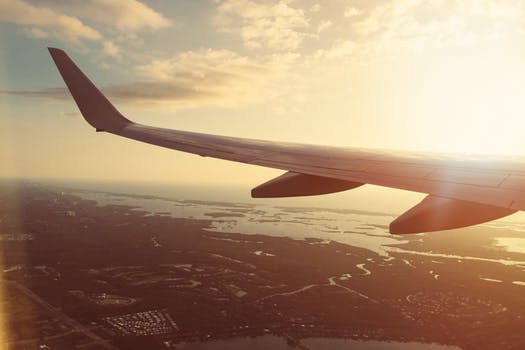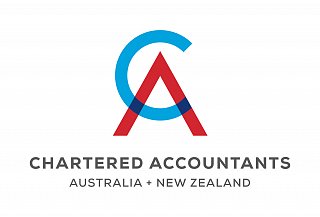Blogs

Travel Allowances and Proper Use of the Exception to Substantiate Claims - 1st August 2017
A travel allowance is a payment made to employees to cover accommodation, food, drink or incidental expenses they incur when they travel away from their home overnight in the course of their duties.
In most circumstances, when claiming other deductions, you will be expected to be able to substantiate the expense being claimed with documentary evidence, and produce that evidence should the ATO request it.
However an exception to substantiate claims applies to travel allowance expenses if the ATO considers the total claimed to be "reasonable" (more below) and to be no more that the allowance provided.
There are three administrative concessions that relate to travel allowances - for employees there is the substantiation exception as mentioned above, but for employers there is also a withholding exception and a payment summary exception.
Recently the ATO has been at pains to emphasise that the first of these travel allowance concessions does not extinguish the requirement for the employee to actually incur an expense. The taxpayer may not be required to substantiate it in a written form like other deductible work expenses, but the expense must still have actually been incurred to be able to claim a deduction.
It will also pay to remember that if you rely on the exception from substantiation, the ATO may still require you to show the basis for determining the amount claimed, that the expense was actually incurred, and that it was for specific travel costs and for work-related purposes.
And remember, the ATO seems to be at pains to emphasise that this tax time it is targeting work-related expense claims such as travel costs - a point specifically referred to by Tax Commissioner Chris Jordan in an address made to the Press Club in Canberra in early July.
Use it (correctly) or lose it
The ATO recently announced that it has noticed an increasing disparity between travel allowances paid and deductions claimed for accommodation, meals, and incidentals. The ATO claims that this has increased the incidence of it checking these claims, which has highlighted deficiencies and difficulties for employees in showing the amount claimed was incurred, or was incurred in gaining or producing their assessable income.
The introduction of what has come to be known as "self-assessment" in the mid-1980s meant that while documentary evidence of claims was required, under the substantiation rules at the time this would not have to be attached to an income tax return as a matter of course, but would need to be supplied upon request.
In more modern times, and to reduce the cost of compliance in keeping detailed records, it was decided that certain exclusions from substantiation should be included in the rules - although the ATO has made it clear that if the disparity between allowances paid and deductions claimed continues, the current substantiation exception leeway in regard to travel expenses may be reviewed.
Tax specialists have indicated that this is a strong signal that the ATO seems to be moving away from the exception to substantiation precedent, especially in light of a huge increase in court cases dealing with this area of tax law over the past 12 to 18 months. In fact, in the modern digital transaction world, the case can be made that such exceptions to substantiation are increasingly unnecessary; a point already made by the ATO. This in turn underlines the necessity to get such claims right in the first place.
For now, you can claim a deduction for travel expenses incurred without meeting the substantiation rules provided:
- the claim for deduction does not exceed the amount of the travel allowance received
- the travel allowance does not exceed an amount that the ATO considers to be "reasonable".
What is "reasonable"?
The ATO publishes guidelines each year on what it considers to be reasonable amounts for a travelling employee (we can show you these estimates if you're interested). These guidelines give a reasonable daily travel allowance amount and take the following factors into consideration:
- destination of travel (broken down into metropolitan cities, country centres within Australia and international countries)
- accommodation
- meals
- other incidentals
- employee annual salary (in ranges)
- specific rates for truck drivers.
Where the travel allowance received by the taxpayer exceeds the amount considered reasonable, the whole deduction will generally be subject to the substantiation rules, which require detailed records of the expenses to be obtained and kept.
AV Chartered Accountants - Committed to Your Business Success
Now in two convenient locations:
WARATAH +61 2 4629 5533 | MAITLAND +61 2 4933 6100
Email mail@avca.net au












